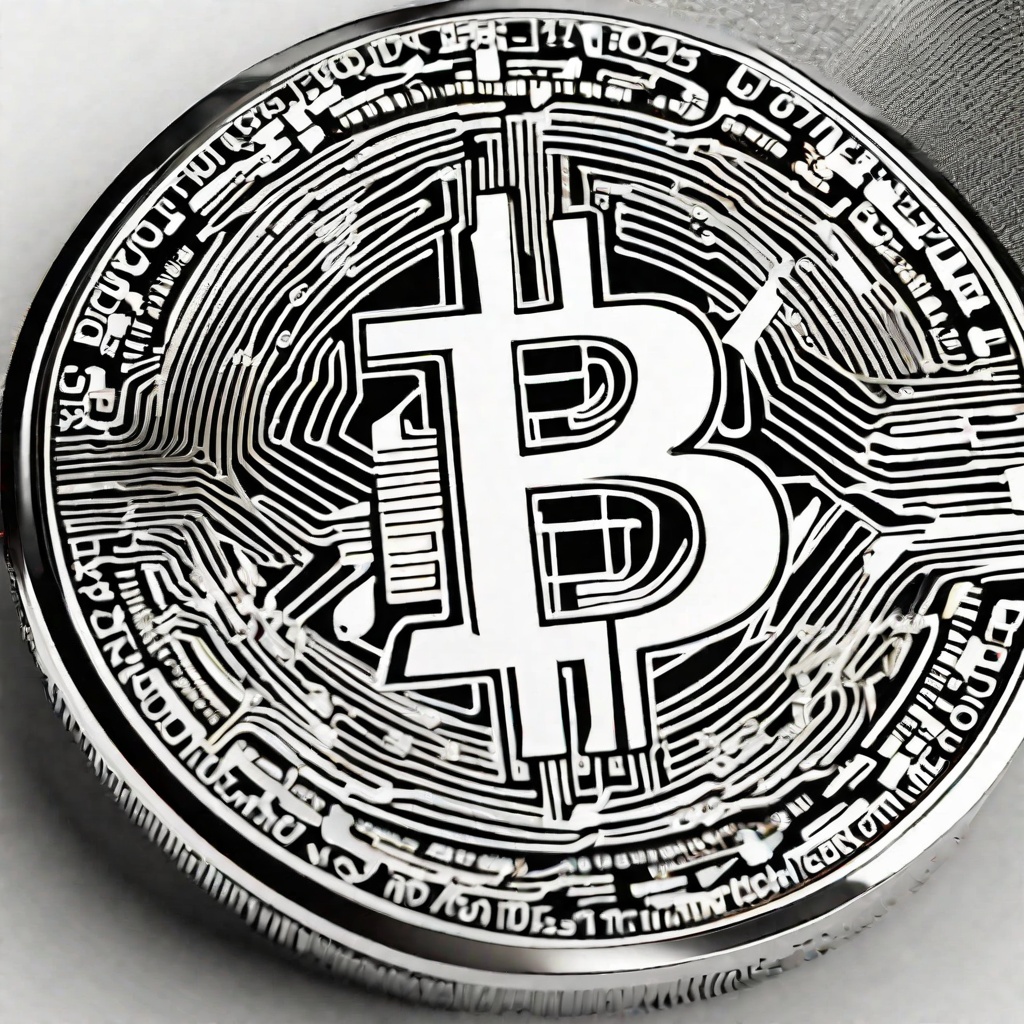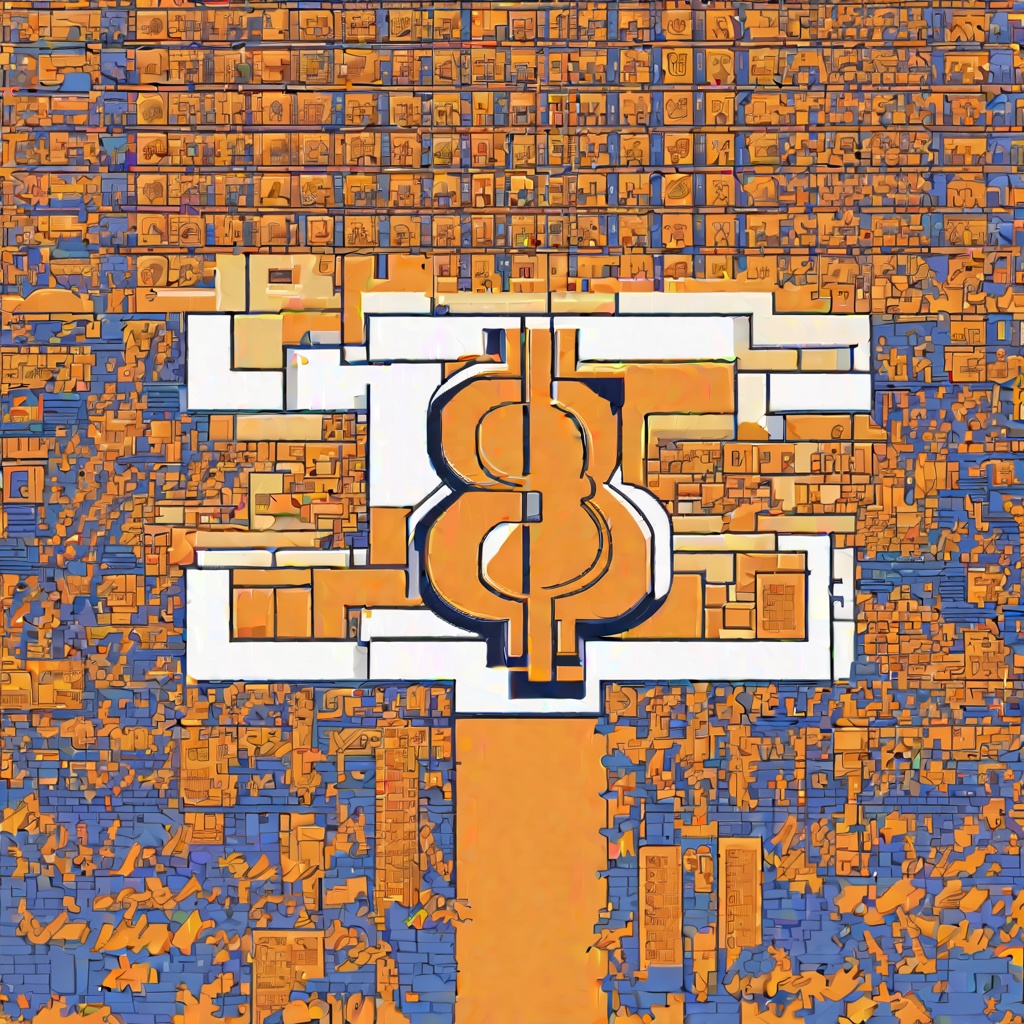Are centralized exchanges better than decentralized cryptocurrencies?
In the realm of cryptocurrency and finance, the debate surrounding centralized exchanges versus decentralized cryptocurrencies continues to rage. So, the question arises: Are centralized exchanges indeed the superior option? They often tout their advantages, such as ease of use, high liquidity, and robust security measures. However, do these benefits outweigh the potential drawbacks of centralized control, potential for censorship, and the lack of true decentralization? On the other hand, decentralized cryptocurrencies promise a more egalitarian system, free from central authority, but they also face challenges like scalability, adoption, and security. Which approach is truly more advantageous for the long-term development of the crypto ecosystem? This is a question that merits further exploration and discussion.

Which Crypto hot wallets are backed or owned by centralized exchanges?
Could you elaborate on which crypto hot wallets are currently being backed or owned by centralized exchanges? Given the importance of security and trust in the cryptocurrency ecosystem, it's crucial to understand the relationship between these hot wallets and the exchanges that support them. Are there any well-known exchanges that have their own proprietary hot wallet solutions? If so, what are the benefits and potential risks associated with using these wallets? Additionally, are there any regulatory considerations or compliance measures that these wallets need to adhere to in order to maintain the trust of their users? Clarifying these points would greatly assist investors and traders in making informed decisions about their crypto storage options.

Are centralized exchanges better than decentralized exchanges?
When considering the question of whether centralized exchanges (CEXs) are better than decentralized exchanges (DEXs), it's crucial to weigh the pros and cons of each model. Centralized exchanges, like Coinbase and Binance, offer higher liquidity, ease of use, and stronger security measures, backed by large institutions. However, they also require users to trust a third party with their funds and personal information, which can be a concern for privacy-minded individuals. Decentralized exchanges, on the other hand, provide greater autonomy and privacy, as transactions are peer-to-peer and don't rely on a central authority. But they can be more complex to use, have lower liquidity, and may be less secure due to the lack of institutional oversight. Ultimately, the choice depends on personal preferences and risk tolerance. Which model do you think offers the best balance of benefits and drawbacks?

How many centralized exchanges are there in the crypto market?
As a finance professional specializing in cryptocurrencies, I'm curious to delve into the vast landscape of crypto exchanges. Could you elaborate on the number of centralized exchanges operating in the crypto market today? With the rapidly evolving nature of this sector, I'm interested in understanding the scale and diversity of these platforms, which often serve as the gateway for both retail and institutional investors to access digital assets. The question of "how many" is crucial in gauging the maturity and competitiveness of the crypto exchange ecosystem.

How has bitcoin shifted from miners to centralized exchanges?
Could you elaborate on the evolution of Bitcoin's landscape, particularly how it has transitioned from being primarily mined by individuals and small groups to being dominated by centralized exchanges? How has this shift impacted the overall network, its decentralization principles, and the experience of average Bitcoin users? Has it been a positive development that has enhanced liquidity and accessibility, or does it pose potential risks to the network's stability and long-term viability? Understanding this transition is crucial for evaluating Bitcoin's future prospects.

